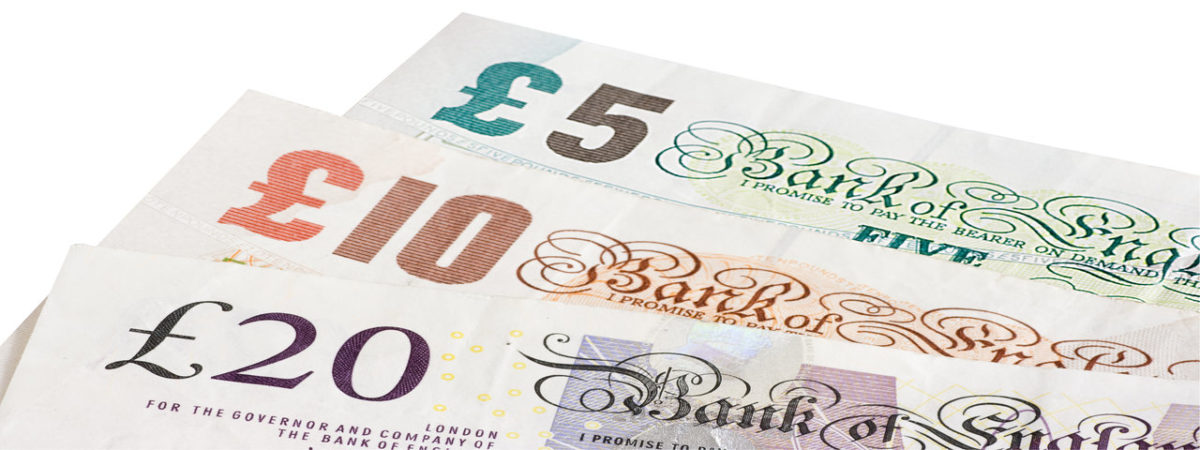Wealth With Cost: Volume One. White Alchemy in Economics
SUGGESTED

The international bestseller which suggests that global warming is a natural, cyclical phenomenon that has not been caused by human activities

A timely new book exploring the consequences of the financial crash

A rich and original new book which explores the nature and creation of wealth in modern economies
Mainstream economic doctrine has asserted that assets are either scarce (and thus within the subject area of economics) or freely available (like land, water and air) at various times and in various places and thus outside the subject area.
White Alchemy in Economics argues that this distinction omits the important category of assets that are scarce (in that they are not available on demand) but also costless (in that they can not be purchased in the market and may or do have not alternative costly use)
These costless assets produce value or wealth that is equivalent in substance, even if not necessarily in scale, to the value of marketable goods and services.
The costless creation of wealth is obtainable only from capitalism and individual freedom and choice. Costless wealth creation makes better use of what already exists. It can operate through the improvement of institutions or through the workings of the individual mind. It is destroyed by socialism, corporatism regulation and the intrusion of the state or European Union on the decisions of individuals.
‘The theme of this book is the creation of value by human ingenuity, reorganising the way things are done without the need for state participation. Learned and witty, the book renders a most useful service; it will give pleasure to many,’ Professor Patrick Minford
2009, Published by the University of Buckingham Press, ISBN 978 0 955 46425 6, 404pp, HB
See Also:
Euthanasia for Death Duties by Barry Bracewell-Milnes



